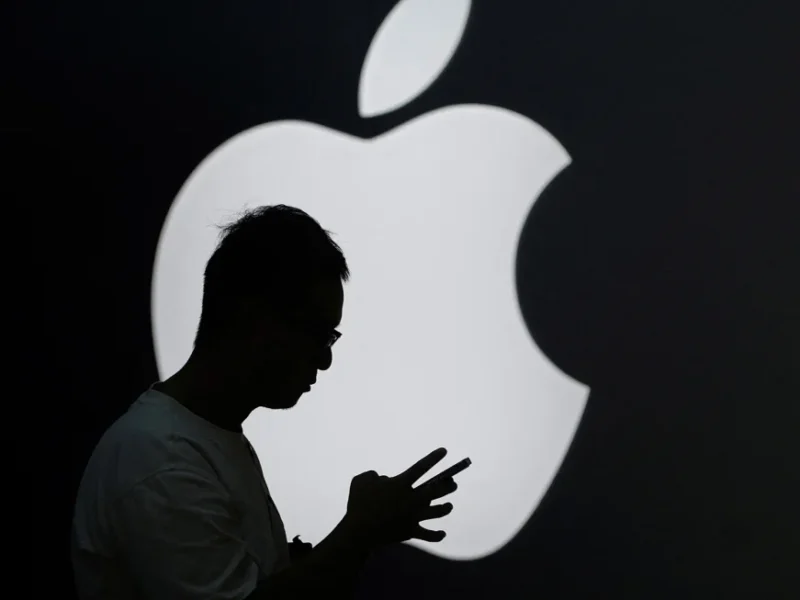Apple is relying on its upcoming AI features to boost iPhone sales, particularly in China, where demand has been weak. However, there’s an obstacle: ChatGPT, which will soon be integrated into Siri, is banned in China.
Earlier this month, Apple introduced its proprietary technology called Apple Intelligence to enhance new AI features and announced a partnership with OpenAI to incorporate its popular ChatGPT tool in a limited manner. When Siri needs additional help answering a query, ChatGPT can assist.
This move shows Apple’s effort to accelerate the adoption of cutting-edge technology, as competitors like Microsoft, Google, Meta, and Samsung have already advanced in AI. A partnership with OpenAI could help Apple catch up. But China is one of the first countries to regulate the generative AI technology behind these popular services. In August, the Cyberspace Administration of China, the top internet regulator, introduced new industry guidelines requiring companies to seek approval before deployment. As of March, the organization had approved over 100 AI models, all from Chinese companies.
According to a Wall Street Journal report on Thursday, Apple is seeking a Chinese AI company to partner with before the iPhone’s expected September launch but hasn’t finalized a deal yet.
Apple did not respond to a request for comment. The urgency to find a partner arises as Apple’s smartphone sales plummeted by 10% in the first quarter of this year, largely due to a significant drop in iPhone sales in China, according to market research firm IDC. Apple has lost momentum in China, affected by nationalism, a weak economy, and increased competition. China remains Apple’s second-largest market.
Problems in the European Union
The restrictions on Apple’s new AI tools might not be limited to China. In a statement to CNN after the article’s publication, Apple mentioned its strong desire to offer these features globally but acknowledged facing regulatory hurdles in the European Union as well.
The company expressed doubt about launching its AI features in Europe this year.
“Due to the regulatory uncertainties posed by the Digital Markets Act (DMA), we do not believe we will be able to introduce three features—iPhone Mirroring, SharePlay Screen Sharing enhancements, and Apple Intelligence—to our EU users this year,” a spokesperson stated.
“We are particularly concerned that the interoperability requirements of the DMA could force us to compromise the integrity of our products, potentially risking user privacy and data security,” the statement added. “We are dedicated to working with the European Commission to find a solution that allows us to deliver these features to our EU customers without compromising their safety.”
Revitalized rivals
In China, worries about iPhone sales are growing as the Chinese smartphone brand Huawei saw a 70% increase in sales in the first quarter, according to Counterpoint Research.
If a solution isn’t found by fall, Chinese consumers might feel shortchanged and opt to wait for the full AI experience from Apple, she added.
“Apple is very likely to seek a local partner in China instead of OpenAI, because it simply has to,” said Nabila Popal, a senior director at IDC Research. “Chinese consumers expect their premium phones to have the latest AI features and may be reluctant to spend over $1000 on devices lacking these advanced AI capabilities.”
“The real growth for Apple in China will come in the long term, as Apple Intelligence evolves to offer more use cases, expands language support beyond English, and allows Siri to use other local AI models to provide ChatGPT-like functionality,” Popal stated.











